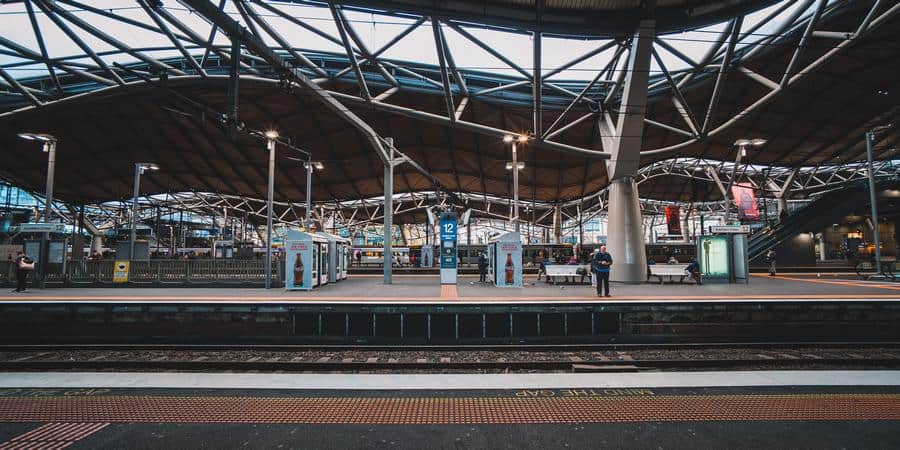Are you new to using public transport and want to know the dos and don’ts? Are you a tourist traveling around a new country and want to know how you should behave on the bus or train? In this article, you will learn what to do and what not to do.
When you are on public transport, do: be patient, helpful and use your manners. Do not: be too loud, eat strong-smelling food, or cause harm to others. Be considerate towards everyone else who is taking public transport with you.
There are many benefits to having public transport and there are also standard rules and behaviours that should be followed to ensure you and the other passengers have a pleasant commute to your destination.
What You Should And Shouldn’t Do On Public Transport
To put it simply, public transport is various methods of transporting people from one location to another. The vehicle used to provide transport to the community may be a bus, train, cable car, ferry, and more.
Do’s On Public Transport
When you are using public transport to take you to another place, it is important that you understand the correct etiquette and behaviour for doing so, as you will most likely be traveling with lots of other people as well.
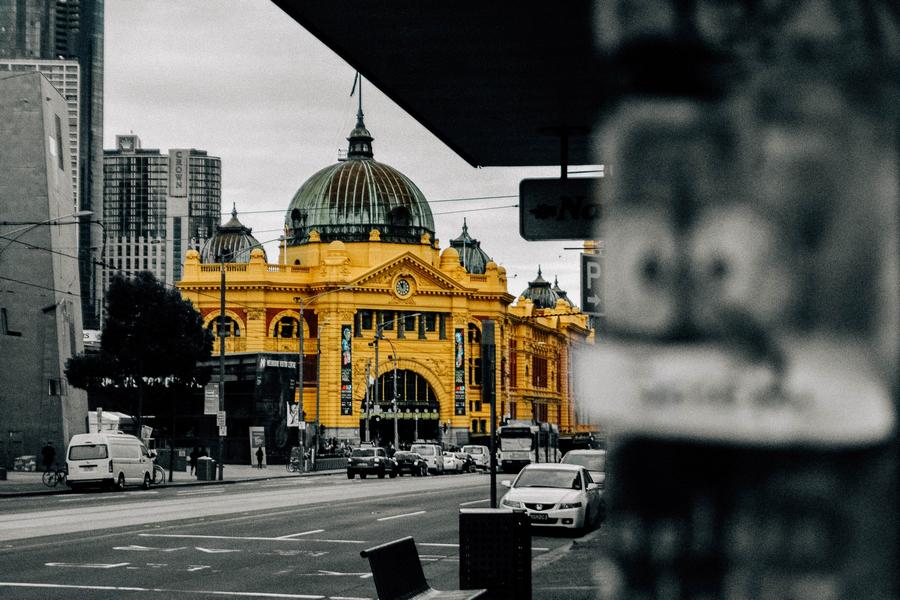
Be Patient
Sometimes public transport may be a few minutes late – don’t stress, it will be there soon. Remember, a bus or a train may have issues now and again just like any other vehicle, so be patient and understanding.
It is also imperative that you are patient with the other passengers on board. For example, allow passengers who are getting off a bus to get off first before you step on, or allow the elderly person to move at their own pace as they walk down the train.
Remember, public transport is to be used for all that needs its services, not just you, so be patient. No matter how stressed or frustrated you get at a slow person, it will not make you get to your destination any faster, so you may as well be patient and compassionate towards others and the people working on the public transport.
Offer Up Your Seat To Someone Else
Sometimes, during peak times on public transport, there may not be any seats left for an elderly, injured, disabled, or pregnant person to sit at. It is proper etiquette to offer up your seat to those older than you or to a woman with a young child. Give your seat to someone who it would benefit more than yourself.
It is even better to offer up your seat to anyone who may be standing regardless of their age, gender or race. The person who takes your seat will be so grateful and appreciative and perhaps you don’t know what it means to them.
We don’t know what anyone else may be going through in life, so who knows what a smile, kind word, or action will mean to someone else? You could make their day.
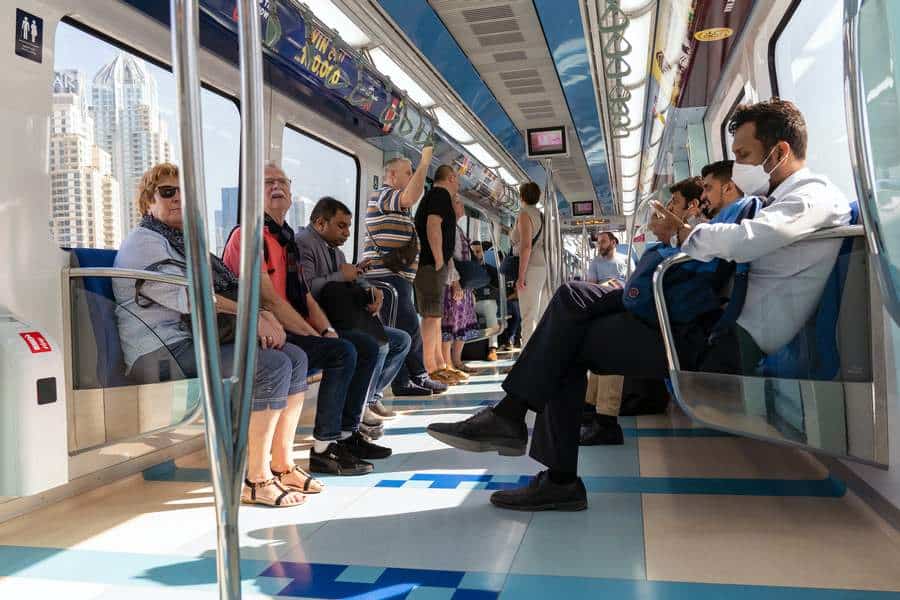
Be Helpful
All kinds of people get public transport, some will be from the local community and some will be tourists exploring the city. If you see someone confused or needing help or some guidance, help them to the best of your ability. They may be unsure where to get off the bus or train, they may not be sure how much their fare costs or what time the next bus comes.
Be helpful and leave a good impression for not only yourself but as someone representing your community. Treat others how you would like to be treated on public transport.
Use Your Manners
Whether you are talking to the bus driver or one of the passengers, ensure you use your manners. Say please and thank you and smile. You may move so someone can squeeze past you or someone may give you their seat, so use your manners and make the journey to your destination more pleasant for everyone involved.
Don’ts On Public Transport
You must show respect to the people you are travelling with, and avoid creating trouble or inconveniences. Here are some of the things to avoid doing on public transport.
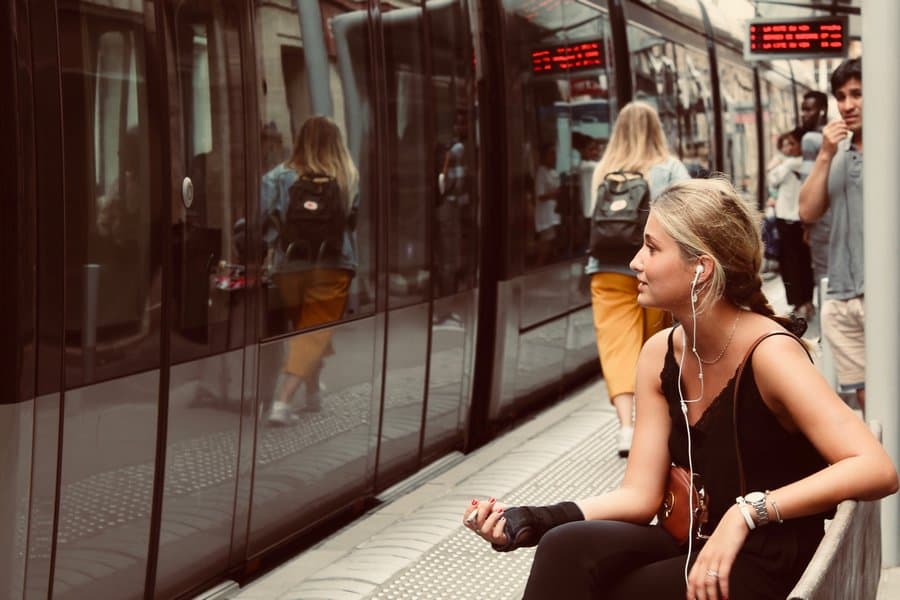
Don’t Be Too Loud
As there are often many people on public transport, you need to be considerate of how you behave. That includes how much noise you make. Whether you are playing music or talking on the phone, ensure you do not speak too loud and cause distress to the other passengers.
If you are listening to music, ensure you are wearing headphones and the sound level is at an adequate volume so that the surrounding people don’t hear it. If you are talking on the phone, be mindful of how loud you are speaking and how loud the voice coming through the phone is.
Being respectful of others’ space and ears is important as if everyone on the train was loud it would make it an unbearable place to be and may put people off using public transport.
Don’t Cause Harm To Others
Do not cause harm to others while on public transport (or ever) whether it be emotionally, mentally, or physically. This can be not touching other passengers and giving them their own personal space, it can be not saying horrible remarks or comments to passengers or making someone feel uncomfortable by staring at them or anything else.
Do not cough or sneeze on someone while on public transport. If you are sick, it would be best to stay home, however, if that is not a possibility, ensure you sneeze into your elbow or cover your mouth. Face away from other passengers and have tissues or a handkerchief with you.
People have a right to feel safe and at ease while using public transport. If you do not have anything nice to say or do not want someone to sit in the seat next to you, you should not be using public transport. If you are on drugs or have consumed alcohol and cannot have decent behaviour, then it is best you get your own transport and let other people enjoy their journey.

Do Not Eat Strong Smelling Food
The smell of food can easily fill up the bus or train carriage you are on. Avoid eating strong-smelling foods such as curry, hot chips, or anything else that can cause a change in the air. Some passengers could find the smell of your food really offensive and nasty but cannot do much about it.
If you must eat on the train, choose something like a biscuit or muesli bar which is not messy or strongly scented. Keep in mind that some passengers might have food allergies and you eating food next to them could be potentially dangerous.
Passengers may have religious beliefs such as not eating meat, therefore eating meat next to them may be very disturbing for them.
If you need to drink something on public transport, bottled water can be a great option. Hot drinks can have a strong scent as well as could cause harm to the person next to you if you accidentally spill them.
Always think about those around you first before you eat or drink, or at least get permission from the person next to you first to check that it is okay to eat or drink something.
The Benefits Of Public Transport
Public transport is important to have available throughout all countries and cities to ensure the locals, as well as tourists, can get around and explore different places if they do not have their own car or another form of transport.
The elderly may not be able to drive, so having transport available to them is crucial. Therefore, public transport definitely makes life easier.
Affordable And Fewer Cars On The Road
Using public transport is also often an affordable way to travel as you are sharing the ride with other people going in the same direction. This gives people another way to get to their destination instead of feeling like they must drive to where they want to go using their own vehicle.
The option of having public transport readily available encourages fewer cars on the road, which means the traffic can flow faster and fewer emissions are getting out into the environment and causing harm. However, the next step in sustainable public transport would be making them all-electric or utilizing better fuel for the environment.
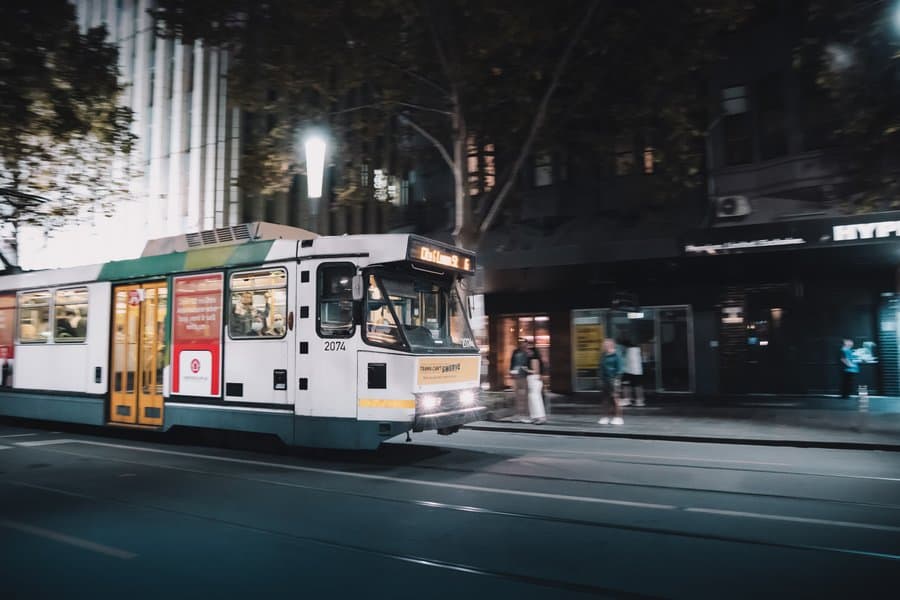
Saves Time & Money From Looking For A Parking Area
If you are driving in a busy city, finding a park can be difficult to do. Even finding a park may not be the end of your worries as you may get a parking ticket if you stay over the time limit, therefore really adding up the cost of your trip.
There may be parking buildings available, but no doubt there will be hefty fees for parking there, even if it is just for an hour.
Taking public transport can be so much more stress-free as you don’t have to worry about where to park or what extra costs may arise. All you need to know is what bus to get on and the stop to get off at. You are also surrounded by people who most likely will be willing to help you out if you are unsure about anything.
Increases Community Health
Often a bus stop or train station isn’t far away from where you are. This means that in order to catch public transport, you need to walk there. This can increase the physical activity of those in the community.
Walking to and from a bus stop outside, for instance, could be the only exercise that someone does that day. It may only take 15 minutes to get there, but it gets someone active, and outdoors will also benefit their overall wellbeing.
In turn, this can also be beneficial to the whole economy, as obesity rates could decrease from something as simple as having to exercise to get to and from public transport. It can also be beneficial to local businesses and homeowners as people walk past houses for sale or coffee shops where they stop and spend money.
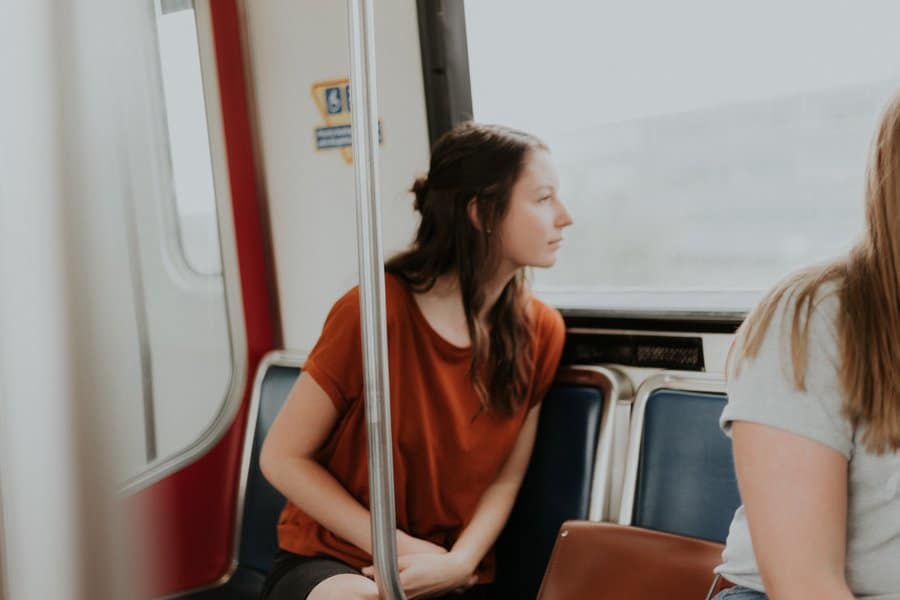
Increased Passenger Productivity
When sitting on public transport, the passengers have free time to get work done, read, or do anything they like as they are not the ones driving the vehicle. This creates time and space for passengers to utilize whether it is work-related or whether it is to do something they enjoy such as reading, writing, knitting, or another creative project.
Public transport has so many benefits and is needed everywhere, which is why it has become bigger and better over the years. Governments put huge amounts of money into having good infrastructure and transport options for locals and tourists so the economy can run smoothly and efficiently. If we didn’t have it, it would make life much harder for many locals and tourists.
Frequently Asked Questions
How Do I Stay Safe On Public Transport?
To stay safe on public transport, keep your belongings close to you, have enough money for your fare, plan your route and trust your instincts.
What Is The Busiest Time On Public Transport?
The peak times are before and after work. People will be getting the train to work and to get home after work, which is generally before 9 am and after 5 pm. If you want to take a less crowded bus or train and are flexible with your time, get your public transport during off-peak times.
What Times Does Public Transport Run?
Public transport will have scheduled times that it runs, so take a look at the timetable for your transport and see how often it comes and goes.
Final Words
Overall, when you are using public transport, it is important you behave and act in a way where you are respectful to all people. Treat others how you would like to be treated and understand that you are not the only one on the bus, train, or other vehicles.
Resource Links To Products We Use And Recommend
More Pages On Other Areas
There’s been a steady rise in interest in cruise ships worldwide. With everyone wanting to see what all the chatter’s about, many are first-timers. So, if you’re one of those individuals and...
There are always risks where there is money involved, and renting a car is no exception. Even though you are only paying for a car temporarily, you should always be aware of the risks before handing...


